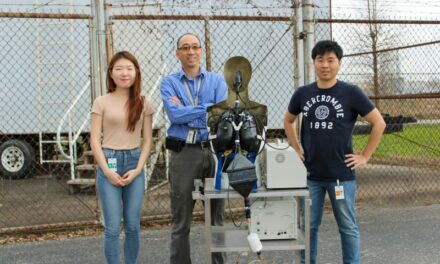New research from the University of East Anglia (UEA) shows that using community pharmacies to identify undiagnosed cases of chronic obstructive pulmonary disease (COPD) at an early stage could save £264 million each year.
The recently published report shows the value in pharmacies addressing diseases at an early stage and reveals that case-finding would provide “significant NHS and societal benefits,” as well as save the NHS more money than the service costs to deliver. The research also shows that more than half of people screened by pharmacies were identified as being at higher risk of COPD.
The research was based on 238 people screened by 21 pharmacies on the Wirral. A detailed analysis of the results indicates that there were 88 active smokers in the high-risk group, and when offered smoking cessation device by pharmacy teams, over 39% declined. In addition, just fewer than 18% took part in pharmacy-based services while 34% were referred to other stop smoking support, as noted on the Medical Xpress news report.
Also, 63% of those screened were offered the following general lifestyle advice: 41% about smoking; 13% on diet and nutrition; 21% on physical activity; 7% on alcohol consumption; 5% on weight management; and 8% on other topics.
The research suggests that if rolled out across 11,100 pharmacies in England, an annual benefit to the NHS and society could be £264 million from diagnosing patients early as well as a reduction in lost productivity costs. The Medical Xpress news report also notes that additional lifetime savings from stopping smoking are estimated at £215 million.
Lead researcher David Wright states, “Our evidence from this service evaluation shows that case finding of COPD patients by community pharmacy is possible. Targeted screening identifies one patient with moderately severe COPD risk for every two who are screened.”
Wright adds, “A simple cost analysis based on the smoking cessation element alone suggests that providing the cost per patient screened is less than £400, then the service should be adopted by the NHS because the costs are less than the current model of doing nothing.”
Source: Medical Xpress








